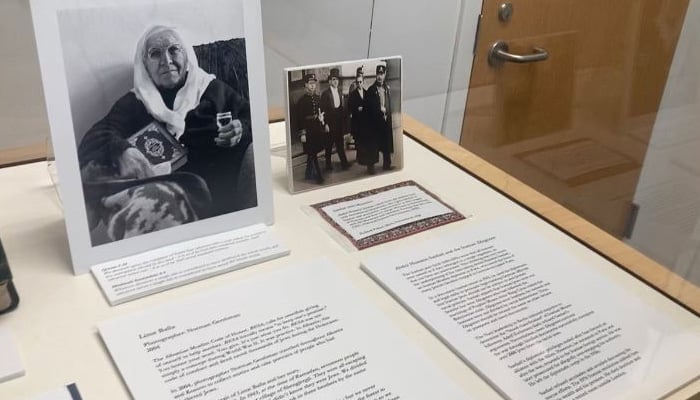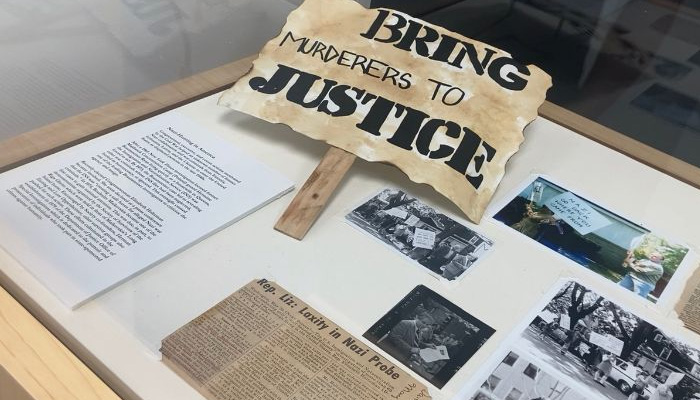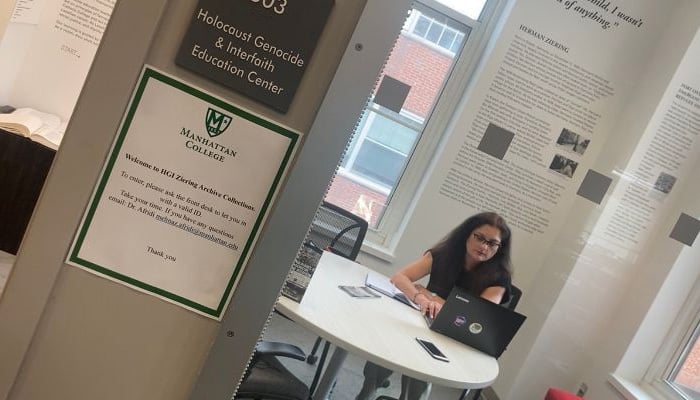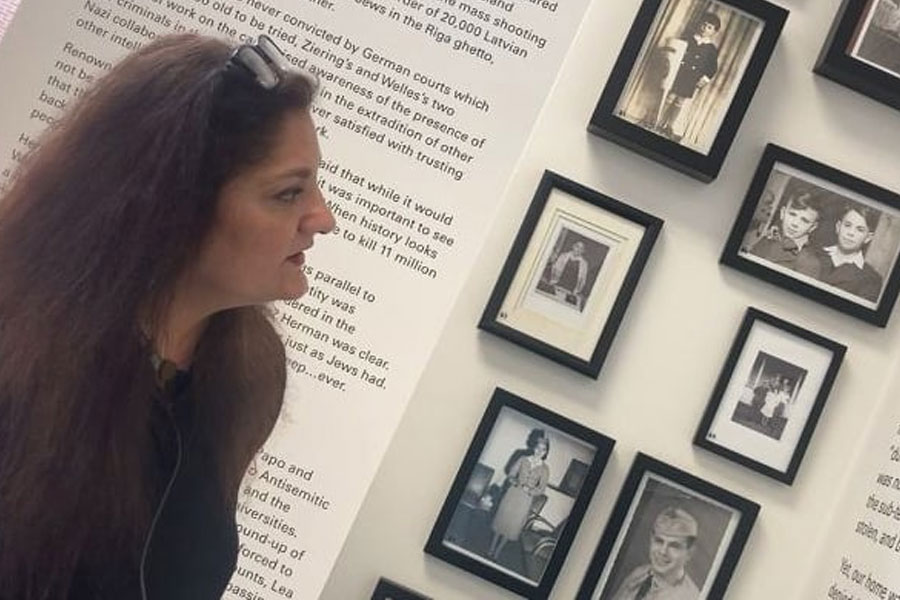- Dr. Mehnaz Afridi established a Holocaust museum at Manhattan College, showcasing the bravery of Muslims who protected Jewish families during WWII.
- She emphasized the importance of religious tolerance and accurate representation of Islam through education to combat Islamophobia.
- Muslim diplomats in Europe, including Iranian and Turkish diplomats, played crucial roles in saving Jewish lives during the Holocaust, while Muslims in the subcontinent and Albania provided shelter and protection to Jewish families.
Dr. Mehnaz Afridi, a Pakistani-American scholar, has achieved the successful creation of a unique museum at Manhattan College in New York, dedicated to the Holocaust. This exceptional institution highlights the genuine accounts of Muslim individuals who exhibited remarkable bravery and made selfless sacrifices to safeguard Jewish families during World War II.
Dr. Afridi, who has been educating on the subject of “Religion and Interfaith” in New York for a dozen years, revealed in an interview with ‘The News’ that approximately 61 Muslims valiantly gave up their lives to shield and support Jews who were victims of the atrocities committed by the Nazi leader Adolf Hitler and his forces during that period.
She articulated that the Muslim-American community faced numerous hurdles following the 9/11 attacks in the United States. Nevertheless, she noted that these challenges have been addressed through the promotion of religious tolerance and the cultivation of awareness regarding interfaith harmony.

Holocaust Museum at the Manhattan College in New York PC: Sibte Arif
Dr. Afridi underscored the significance of presenting an accurate portrayal of Islam through education, awareness campaigns, and counselling as a potent strategy to effectively counter Islamophobia. She further elucidated that the museum’s primary objective was to raise consciousness and promote understanding, thus fostering a more inclusive and accepting society.
Also Read:
Youth Activist Aneeqa Bashir Wins Prestigious Award For Preserving Pakistan’s Green Heritage
Expressing her astonishment, she recounted the invaluable historical accounts of Muslim assistance to Jews during World War II.
“There are only two rooms in the Holocaust museum,” shared Dr Mehnaz Afridi, “but we house a collection of incredibly rare and valuable items within the space.”Many of these items have been entrusted to Dr Mehnaz by family members of Holocaust survivors, demonstrating a deep level of trust to the Pakistani professor.
Dr Mehnaz Afridi further explained that the museum’s purpose is to present an authentic and accurate portrayal of Muslims and other religions.
By doing so, the intention is to dispel misconceptions about Islam and other faiths within society, particularly among students.
Referring to the tumultuous era of World War II, Dr. Afridi observed that diplomatic missives had indeed been dispatched to both Great Britain and the United States, apprising them of the widespread persecution of Jews in Europe during the global conflict.

Holocaust Museum at the Manhattan College in New York PC: Sibte Arif
However, she disclosed that despite the reception of these diplomatic communications, neither the government reacted promptly nor took immediate steps to intervene and halt the atrocities. In stark contrast, Dr. Afridi highlighted the extraordinary efforts of European Muslims, particularly Muslim diplomats, who tirelessly toiled to rescue Jewish individuals.
She pointed out that Iranian diplomats stationed in France and Turkish diplomats in Europe saved Jews from the clutches of the cruel Nazis by concealing their identities, without regard for the peril to their own lives. She specifically commended the actions of Muslims in the subcontinent, who provided protection to numerous Jewish families. Additionally, she lauded the heroic deeds of Albanian Muslims, who offered shelter to thousands of Jewish families during the war, safeguarding them from harm.

Holocaust Museum at the Manhattan College in New York PC: Sibte Arif
When asked about the contemporary practice of teaching Islam and the Holocaust in tandem, Dr. Mehnaz Afridi acknowledged that this question has been raised by many in American society. However, she stressed that enlightening narratives about Islam are vital for society, and raising awareness about them remains of paramount importance.
The Pakistani professor proudly noted that while the idea of establishing the museum initially faced scepticism and questions from society, perceptions have evolved over time. Now, adherents of various faiths proudly recognize that “the leader of the Holocaust museum, dedicated to addressing past injustices against Jews, is a Pakistani Muslim woman.”
She asserted that the museum represents significant strides made in promoting understanding and dismantling barriers between different religious traditions.
Share your thoughts in the comments below. Stay tuned to WOW360.
